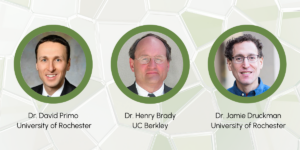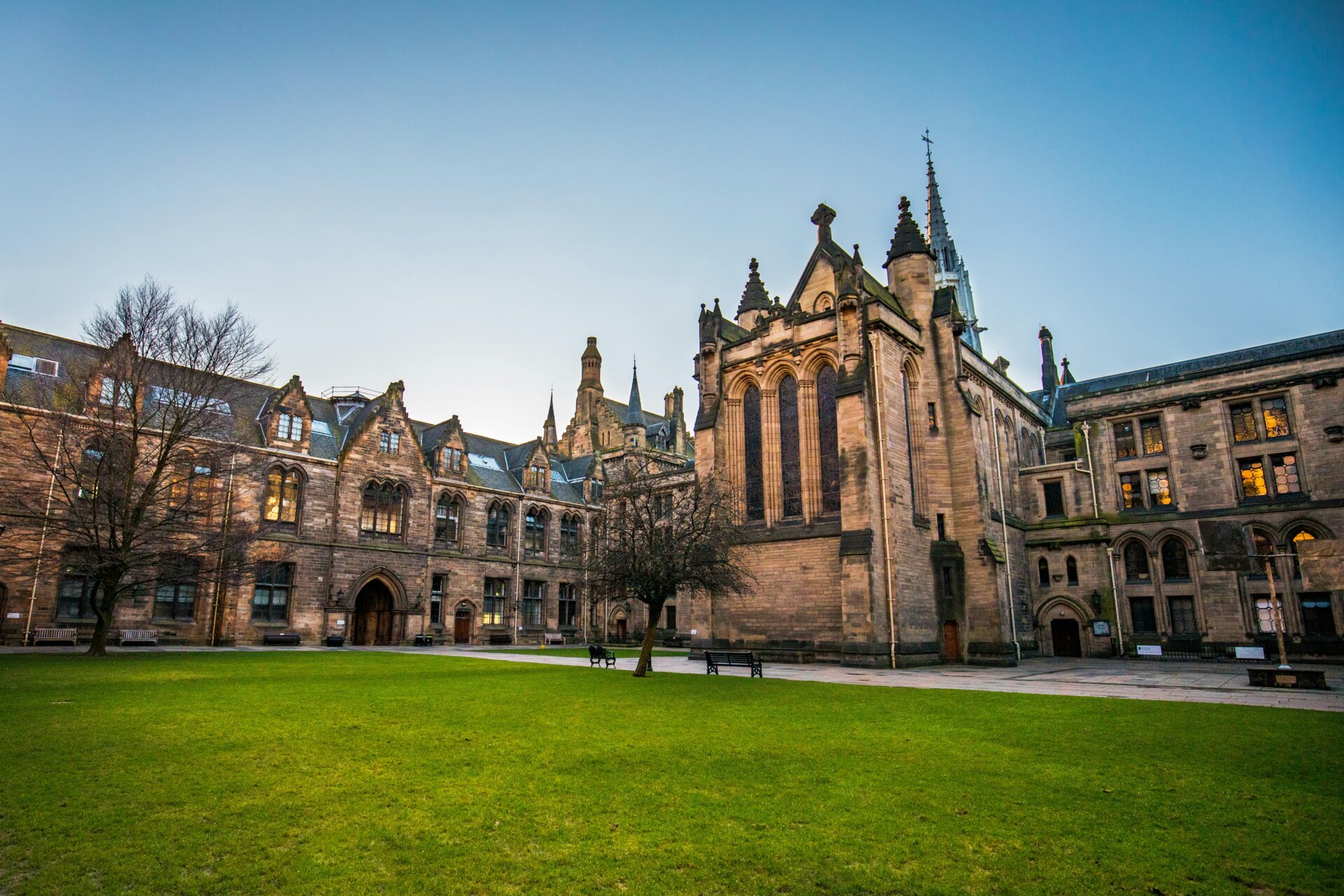The Institute for Humane Studies (IHS) has been committed to fostering rigorous academic research on the most pressing questions of liberal democracy for decades. One such question—how universities are connected to rising political polarization and declining trust—was the focus of an IHS-hosted virtual research discussion in October 2024, led by David Primo of the University of Rochester. What began as an open-ended conversation among scholars has now developed into a major research initiative that will provide one of the most comprehensive analyses of public attitudes toward higher education over the past two decades.
Out of this discussion, three leading political scientists—Primo, together with Jamie Druckman (University of Rochester) and Henry Brady (University of California, Berkeley)—have launched a collaborative project to clean and analyze long-term survey data from the General Social Survey (GSS), Gallup, and Harris Polls. By systematically examining trends in trust toward universities across different demographic and political groups, their work promises to bring empirical clarity to an issue that has largely been discussed through anecdote and partisan speculation. IHS is funding this collaboration, demonstrating how its ability to connect scholars and provide crucial research support results in scholarship that might not otherwise come to fruition.

The decline of trust in higher education has become a defining feature of the political landscape. Universities were once widely seen as institutions that provided social mobility, expanded knowledge, and encouraged open debate. Today, they are increasingly viewed as ideological and political battlegrounds. Understanding how and why these perceptions have shifted over time is critical, not just for universities themselves but for the broader conversation about polarization in democratic society. While there is no shortage of opinion on the subject, rigorous analysis of long-term data has been lacking. This project aims to fill that gap, incorporating data as far back as the 1970s.
The significance of this research goes beyond academia. Universities remain central to shaping public discourse, producing new knowledge, and preparing future generations for civic life. If trust in these institutions continues to erode, it has implications for everything from policymaking to the legitimacy of expertise in public debate. Policymakers and university leaders need a clear, data-driven understanding of what’s fueling skepticism toward higher education in order to respond effectively.
This project exemplifies IHS’s unique role in the intellectual ecosystem. Unlike many institutions that direct funding based on ideological priors, IHS’s approach is to cultivate serious academic inquiry, bring together scholars with shared interests, and support work that can deepen our understanding of complex social issues. By facilitating this collaboration, IHS is not just funding research; it is strengthening the foundation for a more informed, productive debate about the role of universities in a free society.
As Druckman, Brady, and Primo’s work progresses, it has the potential to shape the future of research on trust in higher education. More broadly, it demonstrates why fostering open-ended inquiry—rather than preordaining conclusions—is essential to understanding the forces shaping our democratic institutions today.
By supporting IHS, you invest in scholars at a critical stage in their careers—not only with crucial financial support, but with inspiration and connections to other like-minded and driven intellectual collaborators that they can’t find anywhere else.
